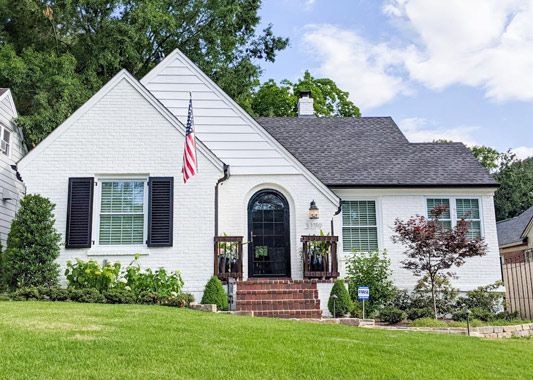By Leanne Tobias
Created 2010-05-17 10:34
As noted in my last column, it’s been a great few weeks for German-American collaboration on sustainability.
My last column covered the German Embassy’s recent conference on innovation in green buildings. That conference was closely followed by a two-day forum on Green Purchasing and the use of environmental product declarations (EPDs), which provide new levels of transparency in the manufacture of green products.
EPDs, which rely on lifecycle assessment (LCA), are reports that track product performance across a variety of standardized metrics typically chosen by a third-party authority. EPDs and their logical extension — standardized environmental product labels — are likely to be the next major breakthrough in green.
The Green Purchasing forum was co-sponsored by Germany’s Institute for Construction and the Environment (I’ll be referring to it as IBU, its German acronym) and The Green Standard (on whose board I sit), a U.S. leader in green product education. Attendees were drawn from green manufacturing, architecture, information technology and commercial real estate.
In Europe, EPDs are keyed to standards set by ISO, the international standard-setting organization. IBU has been central to the process of developing building product EPDs for use in Germany and the European Union.
To date, IBU has developed EPD requirements for floor coverings, roofing, metals, insulation materials, wood products, masonry, mortar and plaster. German companies have begun to issue EPDs in these categories; complying products are posted on IBU’s website. New EU regulations have been proposed that would mandate the use of EPDs in the EU construction industry. For the moment, EPD certification allows participating manufacturers to gain an edge in selling green products in Germany and the EU.
The EPD process is in its infancy in the United States, and requires the development of industry-specific product category rules (PCRs) that evaluate the environmental impact of product materials and manufacturing processes. The Institute for Environmental Research and Education (IERE) has begun the process for the building industry, in conjunction with the American Center for Life Cycle Assessment (ACLCA). The U.S. government, which has mandated a substantial greenhouse gas reduction initiative and is greening its procurement practices, is expected to be one of the first entities to give preference to EPD-rated products.
The Green Standard, meanwhile, has introduced green purchasing training to educate procurement professionals about EPDs, the use of LCA, and the numerous green purchasing standards in use worldwide. Professionals who successfully complete the training and pass an exam become Green Purchasing Accredited Professionals or GPAPs.
The first GPAP designations were awarded in March 2010 to a group that included representatives of CB Richard Ellis and green architectural leader BNIM. GPAP training helps purchasing professionals make smarter choices, avoid greenwashing and deliver higher value to their clients, say CBRE’s Jeremy Benkin and BNIM’s Brad Nies, both speakers at the Green Purchasing Forum.
Leading-edge manufacturers are also enthusiastic about EPDs and green purchasing training. Interface has developed EPDs for its Bentley Prince Street carpet and InterfaceFlor carpet tile lines, designations that have been useful in promoting EU sales. As well, the use of an LCA-based decision-making process, which underlies the preparation of EPDs, has helped Interface optimize sustainability and cost-effectiveness when making process and materials changes, says Kim Matzoukas, a sustainability manager at Interface.
If the forum is a guide, both product suppliers and purchasers are enthusiastic about the benefits of third-party EPD standards as a basis for more effectively designing, marketing and vetting green products. I’m betting that the use of EPDs and GPAP training will grow to support intensifying market interest in making smart green choices.
Leanne Tobias is founder and managing principal of Malachite LLC, an advisory firm that specializes in the development, leasing, management, financing and certification of sustainable or green real estate on a global basis. You can get in touch with Leanne at this link.
——————————————————————————–
Source URL: http://www.greenbiz.com/blog/2010/05/17/building-next-big-thing-intl-standards-green-labels



 Photo Credit: Caldwell House, TN
Photo Credit: Caldwell House, TN